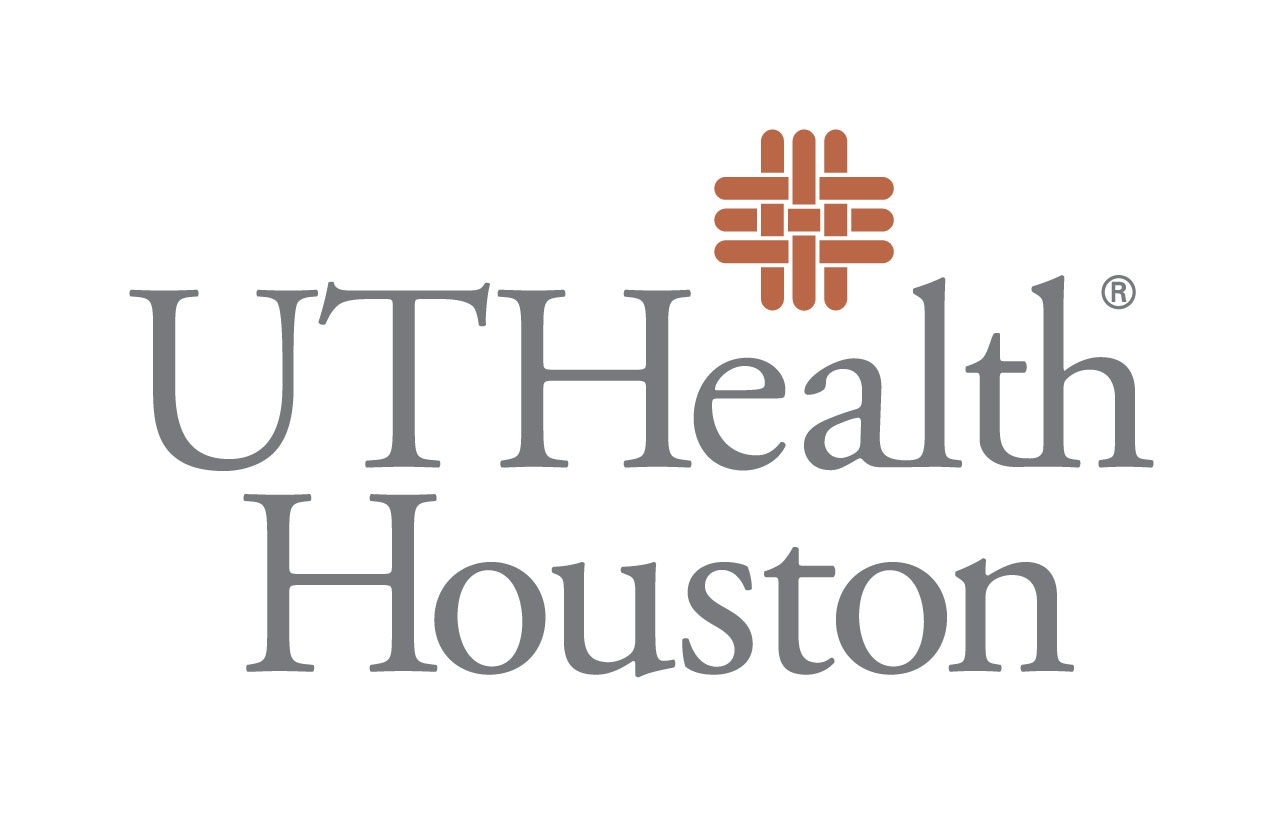Newswise — A dashboard developed by experts at The University of Texas Health Science Center at Houston (UTHealth) School of Biomedical Informatics takes a new look into local, national, and global cases of COVID-19 to offer better insights from currently available data.
The dashboard provides analyzed data of the amount of confirmed cases, mortality rates, and testing analysis.
“The initial goal when developing this dashboard was to show a global view of data that was already available, which at the time was the number of cases and deaths,” said Salsawit Shifarraw, data scientist on the UT System Health Intelligence Platform at UTHealth School of Biomedical Informatics and lead developer of the dashboard. “We then wanted to make sure we had the ability to drill down the information to a county level, so that is when we decided to add in information about testing, and we are hoping to expand on this data.”
Much like the popular Johns Hopkins dashboard, this platform offers the general public information on the number of cases and deaths around the globe. However, the main difference is the information on UTHealth’s page shows processed data instead of raw numbers.
“When we started to build out this site, we looked at the Johns Hopkins dashboard and decided we wanted to add in analyzed information. They provide raw data to the general public whereas we are showing analyzed data that we can turn into actionable knowledge and potentially prediction,” said Jiajie Zhang, PhD, dean and The Glassell Family Foundation Distinguished Chair in Informatics Excellence of the School of Biomedical Informatics.
Shifarraw and the team are hoping to add to the platform to give the general public all the information they need to know about COVID-19.
“We want to include a lot more statistics on this platform. We hope to expand the Houston-area information by including hospitalization stats, social distancing effects, population density impact, and demographic information once it is all readily available,” Shifarraw said.
The goal is to take it to a more predictive type of dashboard. “Right now, it provides processed information that is intuitive, easy to understand, and useful for the generic public and decision-makers, but as research becomes available we want to upgrade this information to a more predictive-level dashboard based on artificial intelligence modeling.” said Zhang.
